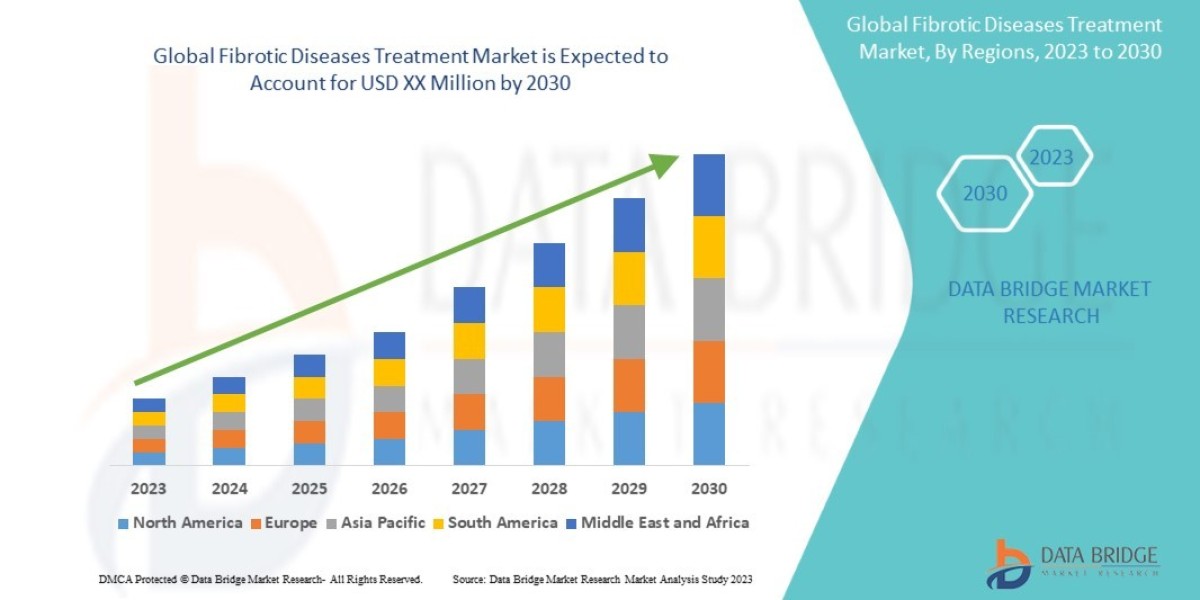The multi-cancer early detection market is undergoing a revolutionary transformation, driven by technological innovation, growing awareness of early cancer detection, and supportive healthcare policies worldwide. Valued at USD 1.07 billion in 2023, the market is projected to reach an impressive USD 4.40 billion by 2032, expanding at a CAGR of 17.04% from 2024 to 2032.
This growth trajectory reflects a shift in the healthcare industry’s approach—moving from late-stage cancer treatment to proactive, early detection strategies that can save millions of lives. The integration of liquid biopsy, AI-powered diagnostics, and next-generation sequencing (NGS) is redefining how cancers are identified, offering non-invasive, accurate, and accessible testing options.
Stay Ahead with Market Trends: Access Your Sample Report Now! https://www.snsinsider.com/sample-request/6262
Technological Innovations Reshaping MCED
The MCED space is benefiting from rapid advances in biotechnology and computational analysis. Technologies like liquid biopsy enable the detection of cancer-related biomarkers in blood samples, eliminating the need for invasive surgical procedures. AI-driven diagnostic algorithms further refine accuracy by analyzing massive datasets to detect early-stage cancer signals with high precision.
Next-generation sequencing (NGS) is another game-changer, enabling comprehensive genomic profiling that helps in detecting multiple cancer types simultaneously. These innovations are not only improving detection accuracy but also making tests more affordable and accessible, particularly in emerging economies.
The convergence of these technologies has significantly enhanced physician and patient acceptance. As non-invasive methods become more reliable, both healthcare professionals and the public are showing greater trust in MCED solutions, accelerating market adoption.
U.S. Market Outlook: Rapid Growth and Policy Support
In the United States, the MCED market was valued at USD 0.18 billion in 2023 and is expected to reach USD 0.65 billion by 2032, growing at a robust CAGR of 18.92%. The U.S. is seeing heightened interest in MCED due to three major factors:
- High Cancer Incidence Rates – The growing burden of cancer is pushing healthcare systems to focus on prevention and early detection.
- Strong Investment in Biotech R&D – Substantial funding from both public and private sectors is accelerating innovation in diagnostic technologies.
- Policy Initiatives for Early Screening – Federal and state-level programs are working to integrate MCED tests into routine health check-ups, aiming to reduce cancer mortality rates.
The combination of cutting-edge research, advanced healthcare infrastructure, and favorable reimbursement policies positions the U.S. as one of the fastest-growing MCED markets globally.
Europe Leads the Global MCED Market
Europe dominated the MCED market in 2023 with a 32.9% revenue share, thanks to robust government support for early cancer screening and well-developed healthcare infrastructure. Countries like Germany, the UK, and France are at the forefront, integrating MCED tests into national screening programs.
Key factors contributing to Europe’s leadership include:
- Optimal Reimbursement Policies – Patients in several European countries face minimal out-of-pocket expenses for MCED tests.
- Extensive Research Collaborations – Partnerships between biotech firms and healthcare institutions are driving innovation and adoption.
- Public Awareness Campaigns – Widespread educational initiatives have enhanced early detection awareness, increasing participation in screening programs.
Europe’s proactive approach to healthcare policy, combined with technological readiness, has made it a benchmark region for MCED adoption.
Asia-Pacific: The Fastest-Growing MCED Market
The Asia-Pacific (APAC) region is emerging as the fastest-growing MCED market, propelled by rapid healthcare innovation, a rising cancer burden, and expanding investments in precision medicine.
Countries like China, Japan, and India are experiencing rapid adoption of liquid biopsy and gene panel-based MCED tests. Several factors are fueling this momentum:
- Improving Healthcare Infrastructure – Hospitals and diagnostic centers are increasingly equipped with advanced testing capabilities.
- Government-Sponsored Screening Programs – National cancer detection initiatives are making MCED more accessible.
- Cross-Border Collaborations – Partnerships between global diagnostic leaders and local healthcare providers are expanding reach and affordability.
As healthcare costs decline and awareness rises, APAC is poised to become a primary driver of global MCED market growth in the coming decade.
Reach Out to Our Analyst to Resolve Your Inquiries! https://www.snsinsider.com/request-analyst/6262
Key Market Drivers
- Rising Cancer Incidence – Global cancer cases are increasing, creating an urgent need for early detection solutions.
- Technological Advancements – Liquid biopsy, AI, and NGS are making detection faster, cheaper, and more accurate.
- Supportive Policies & Reimbursement – Government and insurance coverage are expanding access to MCED tests.
- Growing Patient Awareness – Public education campaigns are encouraging early cancer screening.
Key Market Restraints
- High Initial Costs – Advanced diagnostic technologies still require significant investment.
- Regulatory Barriers – Approval processes for new diagnostic methods can be lengthy.
- Limited Access in Low-Income Regions – Infrastructure gaps and affordability challenges remain in certain areas.
Opportunities in the MCED Market
- Integration with Primary Care – Incorporating MCED into routine check-ups can boost early-stage cancer detection rates.
- Expansion in Emerging Economies – Affordable MCED solutions can penetrate underserved markets.
- Personalized Screening Programs – Tailoring detection protocols based on genetic profiles and risk factors.
Challenges to Address
- Data Privacy Concerns – Genomic data handling must comply with stringent privacy laws.
- Training Healthcare Professionals – Physicians need training to interpret complex MCED results.
- Public Skepticism in New Technologies – Building trust in AI and genomic-based diagnostics remains essential.
Market Segmentation
By Type:
- Liquid Biopsy
- Gene Panel
- Laboratory Developed Tests (LDT)
- Others
By End Use:
- Hospitals
- Diagnostic Laboratories
- Others
Regional Coverage
- North America: U.S., Canada, Mexico
- Europe: Western & Eastern Europe, including Germany, France, UK, Italy, Spain, and others
- Asia-Pacific: China, India, Japan, South Korea, Vietnam, Singapore, Australia
- Middle East & Africa: UAE, Saudi Arabia, Egypt, South Africa, Nigeria
- Latin America: Brazil, Argentina, Colombia
Key Players Shaping the MCED Landscape
- Illumina, Inc.
- GRAIL, Inc.
- Exact Sciences Corporation
- Foundation Medicine, Inc.
- AnchorDx
- Guardant Health
- Burning Rock Biotech Limited
- GENECAST
- Beijing Lyman Juntai International Medical Technology Development Co.
- Freenome Holdings, Inc.
- Elypta AB
These companies are at the forefront of innovation, driving advances in test accuracy, affordability, and accessibility.
Conclusion: A Decisive Shift in Cancer Care
The Multi-Cancer Early Detection market represents a paradigm shift in oncology, prioritizing prevention and early intervention over reactive treatment. As technological breakthroughs continue, and with supportive healthcare policies expanding access, MCED is set to become a cornerstone of modern cancer care worldwide.
With Europe leading adoption, the U.S. driving innovation, and Asia-Pacific emerging as a growth powerhouse, the global MCED market is on a path toward transforming cancer outcomes for millions in the years ahead.








